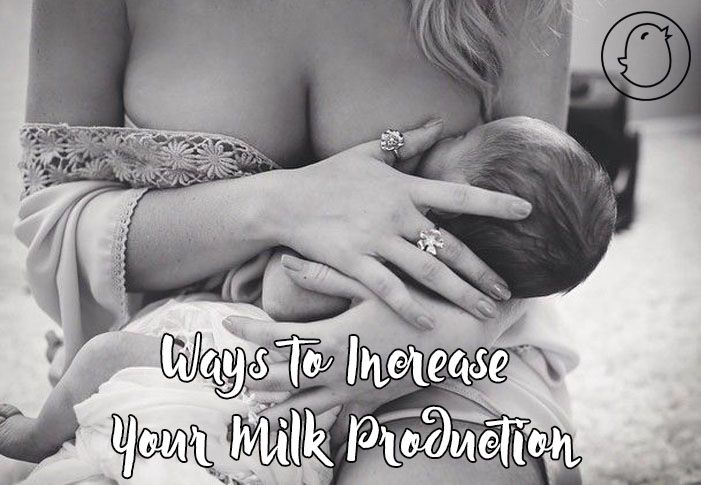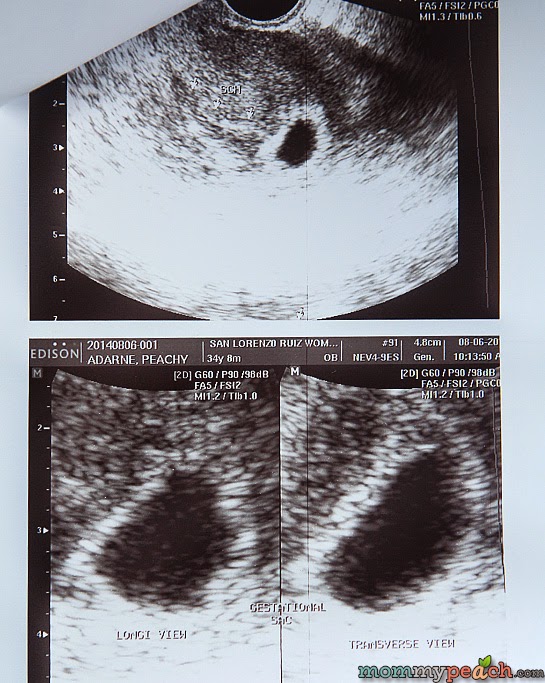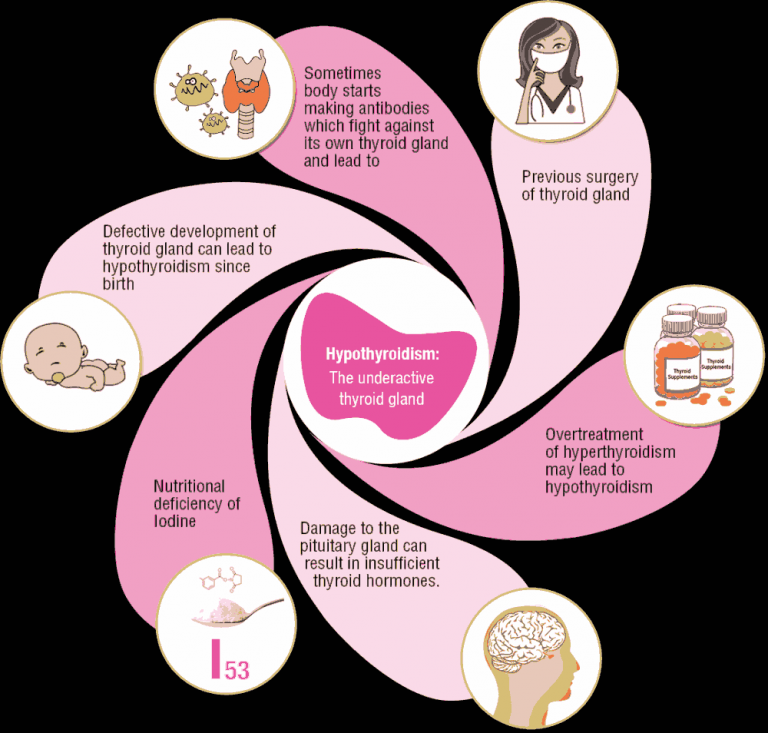Side effects of fasting during pregnancy
Religious fasting – pregnancy and breastfeeding
Fasting is a feature of many of the world’s religions, such as Islam, Christianity and Judaism. It’s been practised for many generations, including during pregnancy and breastfeeding.
Religions that promote fasting have rules to ensure you fast safely during pregnancy and breastfeeding. Australian health authorities also have helpful guidelines regarding how to fast safely.
What is fasting?
Fasting is when you don’t eat or drink anything for a certain period of time. Depending on your religion, it may be for certain days of the year or for a whole month.
Which religions require fasting, and for how long?
The Islamic religion requires every healthy adult to fast from sunrise to sunset during the 9th month of the year, known as Ramadan. As the month of Ramadan is set by the lunar calendar, the solar (Gregorian) date will change from year to year. The length of the fast varies between 11 and 19 hours each day, depending on whether Ramadan happens in the winter or summer.
Judaism has several major and minor fast days, and the most strictly observed is an almost 25-hour fast called Yom Kippur. Eating and drinking is forbidden from sundown on the eve of Yom Kippur, until the next sundown.
Christians usually fast on Ash Wednesday and Good Friday and usually don’t consume meat on any Friday of the year. When you are fasting, you are allowed one full-size meal during the 24-hour period and 2 smaller snacks throughout the day.
During the 6-week period of Lent, many Christians abstain from a luxury or certain food of their choice.
Is religious fasting still mandatory for pregnant women?
A Muslim woman who is pregnant or breastfeeding during the month of Ramadan is exempt from fasting. However, if she is feeling healthy, she may choose to fast.
Christians who are pregnant or breastfeeding are also exempt from fasting on Ash Wednesday and Good Friday. But they can if they are healthy and choose to do so.
The different Jewish fasting days pose different levels of stringencies. For the 3 less strict fasting days, pregnant and breastfeeding women are exempt from fasting.
For the 3 less strict fasting days, pregnant and breastfeeding women are exempt from fasting.
On the 2 more stringent fast days (Yom Kippur and Tisha Ba’av), observant pregnant and breastfeeding women who are otherwise healthy can consider fasting.
You should talk to your doctor or midwife before you fast. There are many religiously-observant GPs (general practitioners) in Australia who can explain any risks associated with fasting – while being sensitive to your religious or spiritual needs.
How do I fast safely while pregnant or breastfeeding?
If you are pregnant and intend to fast, it’s best to plan ahead.
During Ramadan, in the hours where it is permissible to eat – or throughout the day before the Jewish Yom Kippur fast – drink plenty of water to stay hydrated throughout the fast. This is especially important if Ramadan falls during the summer when the fast is longer and the weather is hotter.
Christians can still drink during their fasting days, so water, juice, tea and coffee is allowed.
Throughout pregnancy and breastfeeding it is important to eat nutritious food as part of a well-balanced diet, especially before and after a fast.
When should I consider
not fasting?It is not recommended to fast for Ramadan if you are pregnant in your second or third trimester.
While fasting on Yom Kippur is required by Jewish law even while pregnant or breastfeeding, a woman who goes into labour on Yom Kippur should not continue her fast. A woman who has given birth up to 3 days before Yom Kippur should also not fast.
During Lent, pregnant and breastfeeding women are exempt, so unless you choose to fast, you don’t have to.
Can fasting harm my baby?
While research on the effects of fasting on pregnancy is limited, studies have shown that fasting during pregnancy does not affect the baby’s birth weight or increase the chance of a preterm birth.
Does fasting affect breastfeeding?
If you are breastfeeding and planning to fast, drink extra fluids in the days leading up to, and during, the fast – if possible.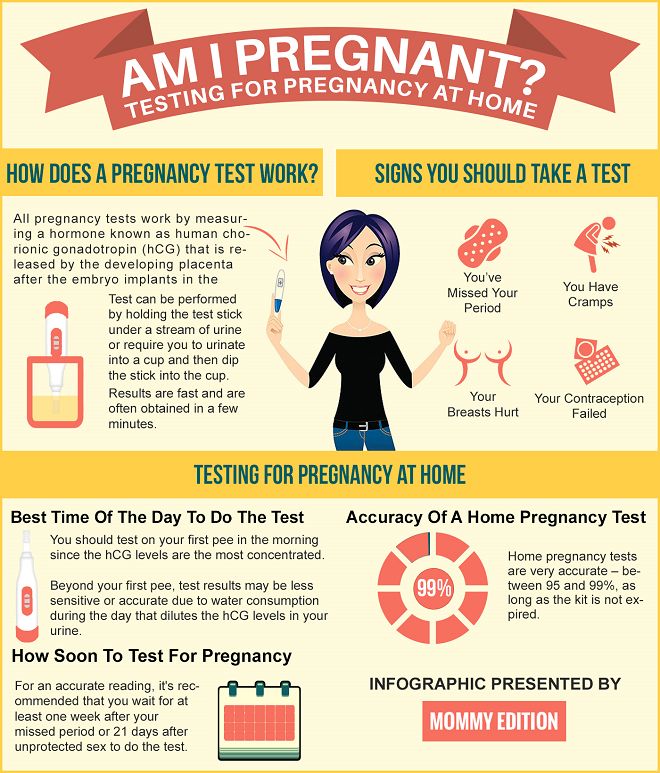 Try to minimise physical activities and exposure to heat as much as possible while fasting.
Try to minimise physical activities and exposure to heat as much as possible while fasting.
Fasting while breastfeeding is not likely to cause any harm to your baby, and you can continue to breastfeed as usual on the day of the fast. It’s important to breastfeed as you usually would to keep your baby hydrated. You can check your baby’s hydration by monitoring their poos and wees and comparing it to a usual day. If you are concerned about your baby’s hydration, speak to a healthcare professional.
You may find that for the next day or so after the fast, your baby may seem hungrier and want to feed more often. This is normal and you will settle back in to your usual feeding routine in a few days.
Every woman is different, and the decision to fast while pregnant or breastfeeding is an individual one.
If you are concerned about your ability to fast while pregnant or breastfeeding, seek advice from a trusted healthcare professional (such as your doctor, midwife or lactation professional).
You can also seek advice from your religious authority. Consider speaking to a doctor who shares your religious heritage.
Muslim women with questions on Islamic law can visit Muslim Women Australia. You can also contact the United Muslims Australia Religious and Advice Support service.
For advice on Jewish observance, pregnancy, breastfeeding and fasting, visit Nishmat, an internationally-recognised institute for women’s health and Jewish law, run by women.
Catholics can contact the Catholic Church in Australia if you have any questions about Lent.
Learn more here about the development and quality assurance of healthdirect content.
4 reasons intermittent fasting is not safe for pregnant people
Intermittent fasting is one of the most popular diets in the wellness world. Like many other trends in the wellness space that take hold, it's not the best or safest option for many people. And that includes pregnant and breastfeeding women.
"Intermittent fasting is a dieting strategy of limiting your consumption of calories to a certain window of time each day," says Dr.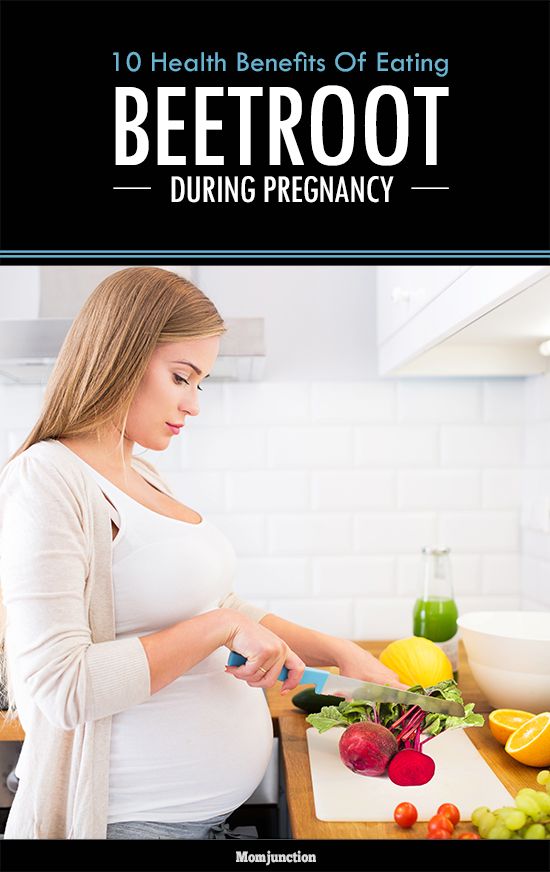 Sanaz Ghazal, an OB/GYN at Rise Fertility. "However, fasting is generally not recommended for women who are pregnant."
Sanaz Ghazal, an OB/GYN at Rise Fertility. "However, fasting is generally not recommended for women who are pregnant."
There are several reasons why intermittent fasting can be dangerous for both the expecting mom and unborn baby. Keep reading to find out more from Dr. Ghazal.
1. Can increase risk for vitamin/nutritional deficiencies
Since intermittent fasting involves limiting when you eat to a certain window of time (usually a small window) it's really difficult to get all of the nutrition you need in a day. This is especially true for pregnant women who have high nutritional needs to support their health as well as the health of the unborn baby.
"Pregnancy is a time to focus on healthy eating and consuming adequate nutrition to support you and your growing baby, not on weight loss," says Ghazal. "Intermittent fasting can potentially increase the risk of nutritional or vitamin deficiencies that can affect fetal development and even increase your risk of pregnancy complications," she says.
According to Johns Hopkins Medicine, you should be adding about 300 calories a day to your diet for a healthy pregnancy. Intermittent fasting can prevent you from getting your total requirement of daily calories and make it more difficult to consume the extra 300 calories you need per day.
2. May increase risk for preterm or premature birth
A 2019 study showed that fasting during the second trimester of pregnancy is especially risky for pregnant women. In the study, women who fasted in the second trimester had a 35% higher risk of delivering prematurely. Although the study was not designed around intermittent fasting windows specifically (the women in the study fasted during Ramadan and did not eat during daylight hours), intermittent fasting could look similar to this, but some forms of IF could be slightly less extreme. Bottom line: The study made clear that fasting is linked to preterm birth.
3. Can cause low blood sugar
Gestational diabetes is associated with high blood sugar and is a serious risk for many pregnant women. But low blood sugar is also a cause for concern in pregnant women, according to Ghazal. Intermittent fasting can cause blood sugar to drop due to going long periods without eating.
But low blood sugar is also a cause for concern in pregnant women, according to Ghazal. Intermittent fasting can cause blood sugar to drop due to going long periods without eating.
"Restrictive diets or prolonged periods of fasting during pregnancy can cause low blood sugar, which can cause you to feel lightheaded or faint and is associated with decreased fetal movement," says Ghazal.
Experts say intermittent fasting could impact milk supply in new moms.
Getty Images4. Milk supply and quality can be compromised
Often referred to as the "fourth" trimester, the period of time after giving birth is also a physically demanding time that requires good nutrition. If you choose to breastfeed, you'll also have special nutritional needs to help support your milk supply.
"It's important to understand that your body's metabolism and nutritional needs may change postpartum and while breastfeeding," says Ghazal.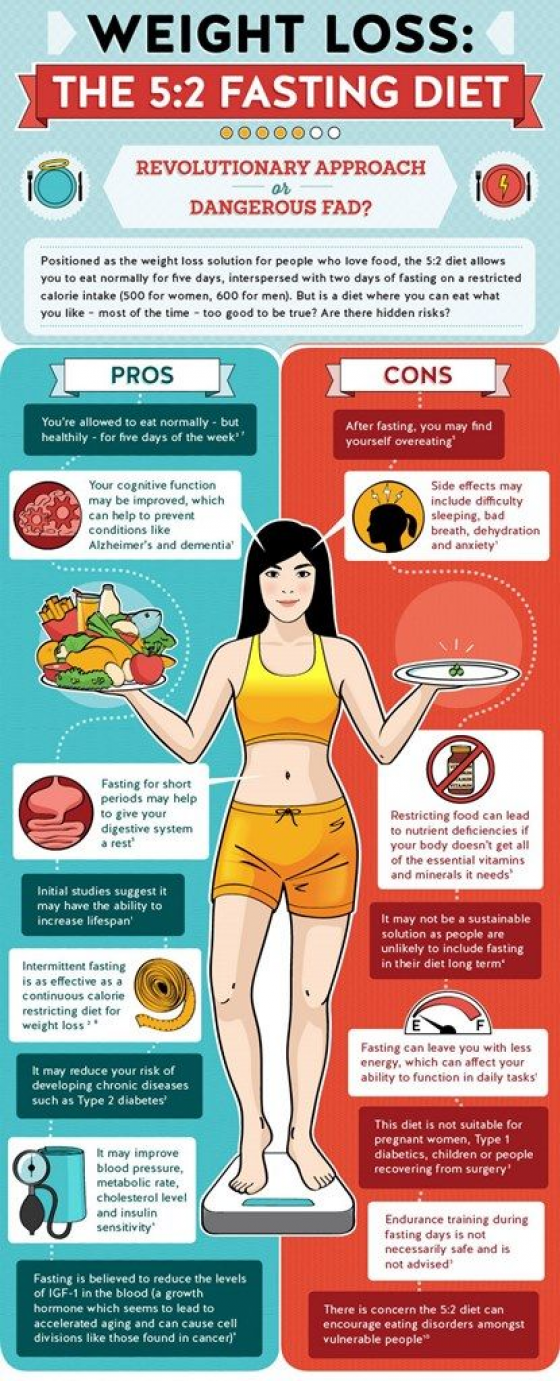 "Fasting for too long, restricting calories too much or rapid weight loss can significantly impact your milk supply and may even affect the composition of your breast milk," she says.
"Fasting for too long, restricting calories too much or rapid weight loss can significantly impact your milk supply and may even affect the composition of your breast milk," she says.
What type of nutrition plan is best for pregnancy?
You should always consult your doctor or your dietician if you have questions about the specific nutrition needs you may have during pregnancy. Otherwise, it's important to focus on a healthy, balanced diet that supports you during a time of growth and change.
"Instead of fasting or other extreme or restrictive diets during pregnancy, focus on eating a well-balanced diet with plenty of whole foods, organic fruits and vegetables and lean proteins," says Ghazal. Remember that some weight gain during pregnancy is normal, and you will lose pregnancy weight gradually after the baby is born.
Other things Ghazal says to keep in mind is limiting coffee or caffeine consumption to 200mg a day, eliminate alcohol and remember to take a prenatal vitamin.
The information contained in this article is for educational and informational purposes only and is not intended as health or medical advice. Always consult a physician or other qualified health provider regarding any questions you may have about a medical condition or health objectives.
Diet in early pregnancy slows down fetal development
Diet in early pregnancy slows down fetal development - Gazeta.RuThe authorities of the Sumy region of Ukraine: about 300 thousand residents of the region remain without electricity 18:18
Elon Musk ridiculed The New York Times 18:17
Belarus budgeted gratuitous receipts from Russia in the amount of $1.7 billion... 18:17
The ex-first racket of the world compared Greiner's stay in prison with Russian captivity 18:14
Biologists have found outgrowths on the bones of the ancient Irish, caused by rare ... 18:11
White House: prisoner exchange with Russia does not affect the position of the US authorities. .. 18:11
.. 18:11
In Kaliningrad, bandits kidnapped and beat a man, confusing him with another... 18:11
For the first time after the collapse of the USSR, the Russian State Circus made a profit from tours 18:09
Air raid alert again declared in eight regions of Ukraine 18:09
US authorities: an agreement to exchange Greiner for Booth was reached in the last... 18:09
Science
Malnutrition during pregnancy can slow down the development of fetal organs, particularly the brain. This, in turn, can have long-term consequences, such as lowering the IQ of the offspring, as well as the emergence of a predisposition to behavioral problems.
Smokers give birth to bandits
Women who smoke during pregnancy are more likely to have children with criminal tendencies...
January 22 18:44
Modern ladies who prefer to keep a good shape, that is, thinness, even during pregnancy (the most famous of them without five minutes is the mother of four children, Victoria Beckham), thus harming their unborn children, a study by American scientists has shown. The brain of the fetus, as it turned out, is sensitive to even a moderate lack of nutrition of the mother's body.
The brain of the fetus, as it turned out, is sensitive to even a moderate lack of nutrition of the mother's body.
Thus, a diet in early pregnancy slows down the development of the brain in the fetus.
At least this is how the processes proceeded during the pregnancy of model organisms of primates - baboon monkeys, an article about the study of which physicians published in Proceedings of the National Academy of Sciences .
Forced childbearing
Male domestic violence almost always coexists with forced conception of a child against the will of a woman...
January 25 11:34
Scientists observed pregnancy in two groups of female primates at a special nursery in San Antonio, Texas. One group of “ladies” was allowed to satisfy their appetite in the first trimester of pregnancy according to their needs, and the second group sat on a moderate diet: their diet was reduced by 30% - about how expectant mothers in the United States lose weight.
It turned out that maternal nutrition affects the fetus both at the cellular and molecular levels.
Diet results in dysregulation of hundreds of genes, many of which play a key role in regulating cell growth and development.
Thus, maternal nutrition is absolutely essential for the development of the fetus, as it regulates the basic foundations of cellular mechanisms.
If you want a boy, eat
Now we know what boys are made of. For the birth of a boy to women before conception ...
12 May 10:31
The dangers of a sharp lack of nutrition (hunger) for the development of the fetal brain have been known for a long time, but the new work is the first scientifically substantiated confirmation that even a moderate diet does not go unnoticed for the development of the fetus.
Partially similar to diets and malnutrition are teen pregnancies: in their case, the fetus receives insufficient nutrition, as the still growing mother's body needs it.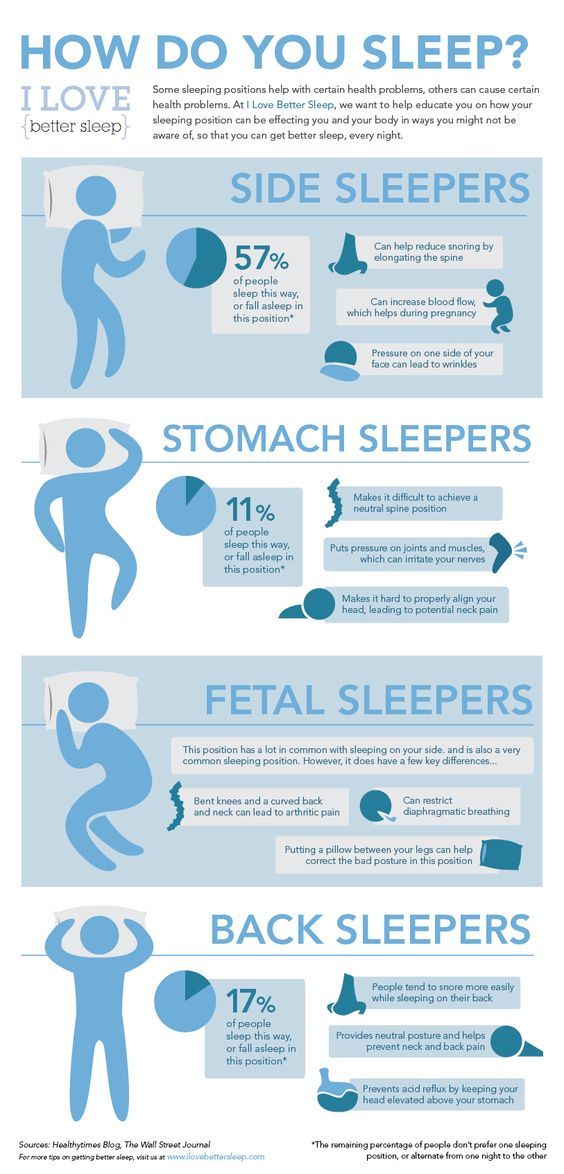 In late pregnancies, the fetus also suffers from malnutrition, but for other reasons: the maternal arteries become harder, and this disrupts the blood supply to the uterus, inevitably disrupting the fetal diet. A similar effect occurs with preeclampsia (late toxicosis of pregnant women) - here the fetus is “malnourished” due to dysfunction of the placenta.
In late pregnancies, the fetus also suffers from malnutrition, but for other reasons: the maternal arteries become harder, and this disrupts the blood supply to the uterus, inevitably disrupting the fetal diet. A similar effect occurs with preeclampsia (late toxicosis of pregnant women) - here the fetus is “malnourished” due to dysfunction of the placenta.
"Starving fetus" lags behind in the formation of intercellular connections, cell division and the volume of growth factors - hormones that stimulate growth.
Lose weight to get pregnant
Extra pounds seriously reduce a woman's chances of getting pregnant. The more extra...
September 22 14:36
It is in the first half of pregnancy that nerve cells are formed - the neurons of the brain, as well as all the auxiliary brain cells necessary for their work. Malnutrition during this period affects directly this process.
“Our study is further evidence of the importance of good maternal nutrition and health. Malnutrition during pregnancy can slow the development of fetal organs (we see this in the brain), and this, in turn, can have long-term consequences - a decrease in the IQ of the offspring, as well as a predisposition to behavioral problems, ”says Dr. Thomas McDonald, who led work.
Malnutrition during pregnancy can slow the development of fetal organs (we see this in the brain), and this, in turn, can have long-term consequences - a decrease in the IQ of the offspring, as well as a predisposition to behavioral problems, ”says Dr. Thomas McDonald, who led work.
Scientists urge mothers to eat well and be aware of the dangers of malnutrition for their unborn children. They emphasize that the study is quite reliable, since model primates provide a very high-quality imitation of processes in the human body.
Much of this research has previously been done in rats.
Subscribe to Gazeta.Ru in News, Zen and Telegram.
To report a bug, select the text and press Ctrl+Enter
News
Zen
Telegram
Picture of the day
Russian military operation in Ukraine. Day 288
Online broadcast of the Russian military special operation in Ukraine — Day 288
Viktor Bout returns to Russia.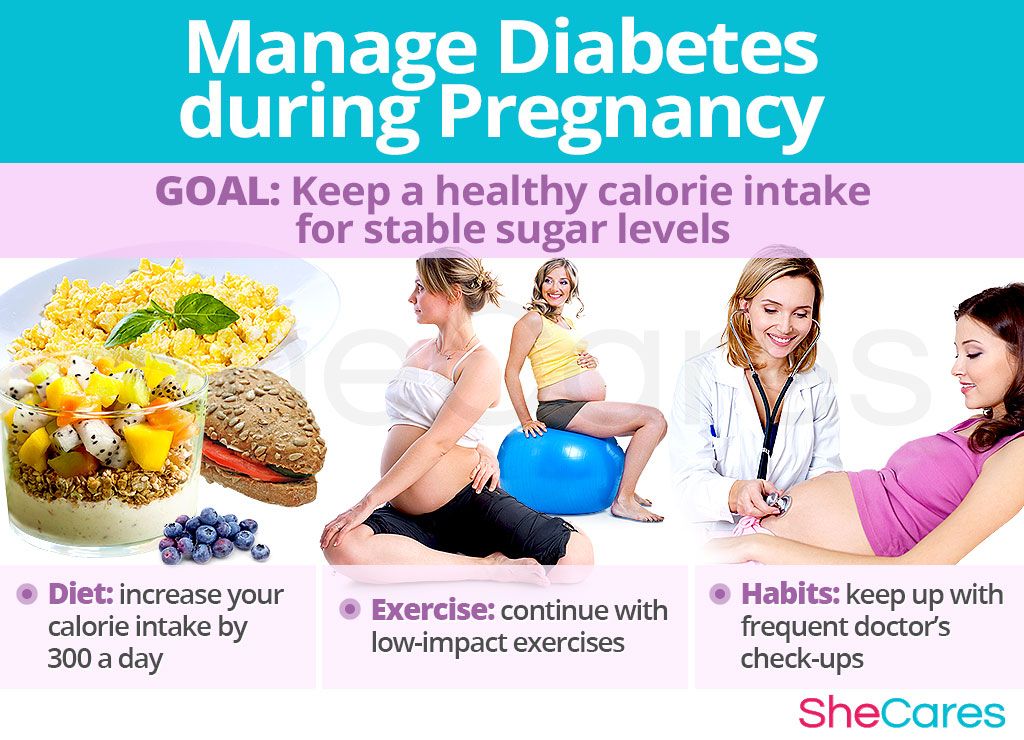 He was exchanged for basketball player Brittney Griner
He was exchanged for basketball player Brittney Griner
Russian Viktor Bout was pardoned in the USA and exchanged for American Brittney Griner
Turkey - 25%, China - 70%. What gas discounts are expected from Russia
Bloomberg: Turkey intends to achieve a 25% discount on Russian gas
Pilot Yaroshenko thanked the Ministry of Foreign Affairs, special services and the President for exchanging Bout for Greiner
Presidential Aide Ushakov declined to comment on possible contacts with the United States on Ukraine
Satellite manufacturers in Russia faced a shortage of xenon
Applications from Romania and Bulgaria to join the Schengen area were rejected
News and materials
Authorities of the Sumy region of Ukraine: about 300 thousand residents of the region remain without electricity
Elon Musk ridiculed The New York Times
Belarus budgeted $1.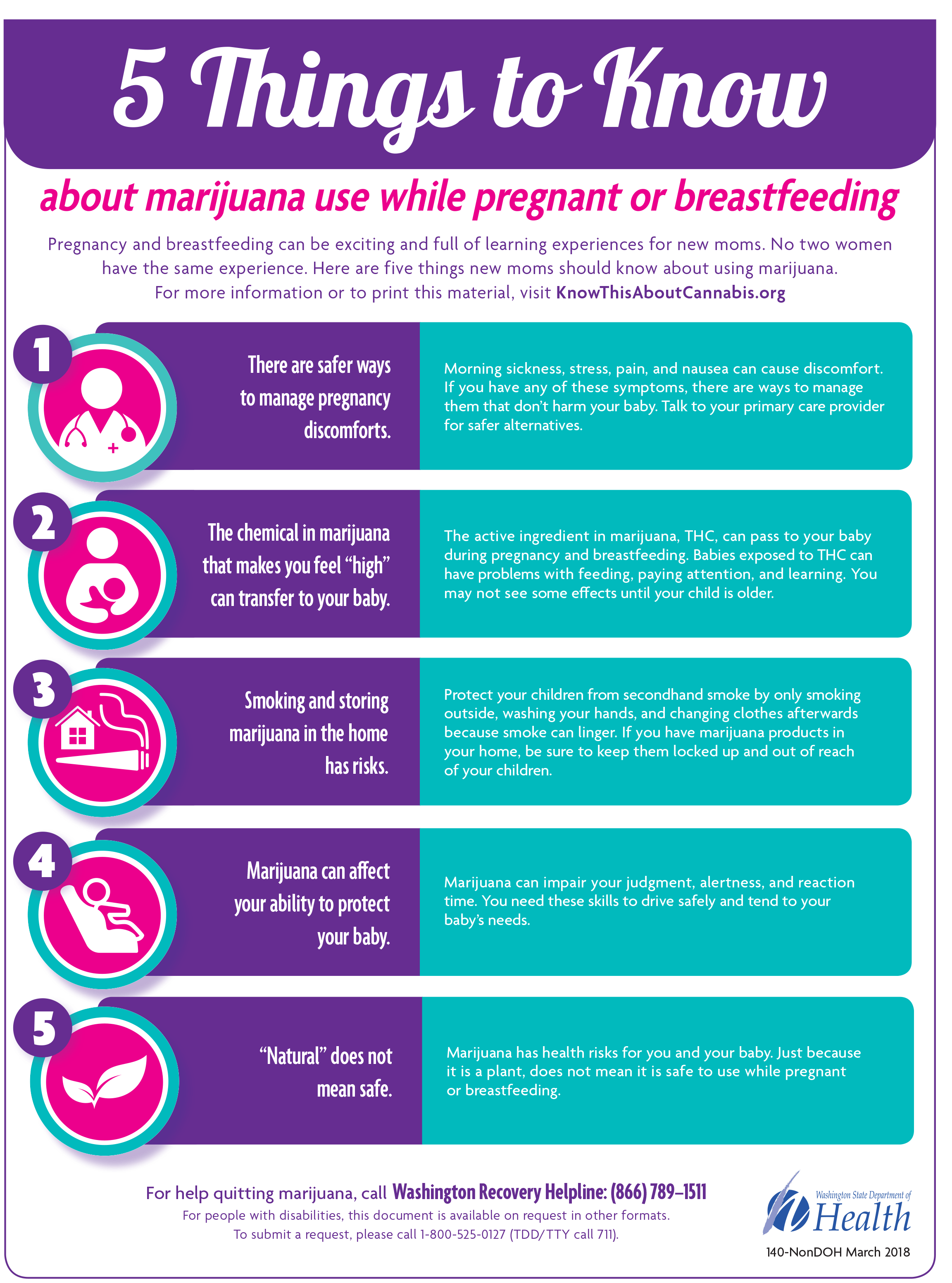 7 billion in gratuitous receipts from Russia for 2023
7 billion in gratuitous receipts from Russia for 2023
The ex-first racket of the world compared Greiner's stay in prison with Russian captivity
Biologists have discovered growths on the bones of the ancient Irish, caused by rare mutations
White House: prisoner exchange with Russia does not affect the position of the US authorities on Ukraine
Bandits kidnapped and beat a man in Kaliningrad, confusing him with another person
For the first time after the collapse of the USSR, the Russian State Circus made a profit from tours
Air raid alert again declared in eight regions of Ukraine
US authorities: agreement to exchange Griner for Booth was reached in the last 48 hours
Politico: EU intends to expand anti-Russian sanctions in the field of aviation and space
Politico: EU sanctions against Russia will affect 169 organizations helping the defense sector
Astrobotic has tested the
lunar lander flying in 2023The United States believes that prisoner exchange channels will continue to operate after Greiner's release
The media learned about the EU's intention to suspend broadcasting licenses for Russian TV channels
Whelan's brother: U. S. authorities have informed in advance that Paul is not on the exchange list
S. authorities have informed in advance that Paul is not on the exchange list
The actor who played Polezhaykin will not star in the sequel to "Daddy's Daughters"
Borrell said that external forces could interfere in the elections to the European Parliament in 2024
All news
"There is no greater power than the President's words." Why the decree on the completion of mobilization is not issued0003
"An integral part of history." How the Kremlin treats the period of the USSR
Peskov said that the Kremlin does not plan to celebrate the centenary of the formation of the USSR
"Reacted immediately.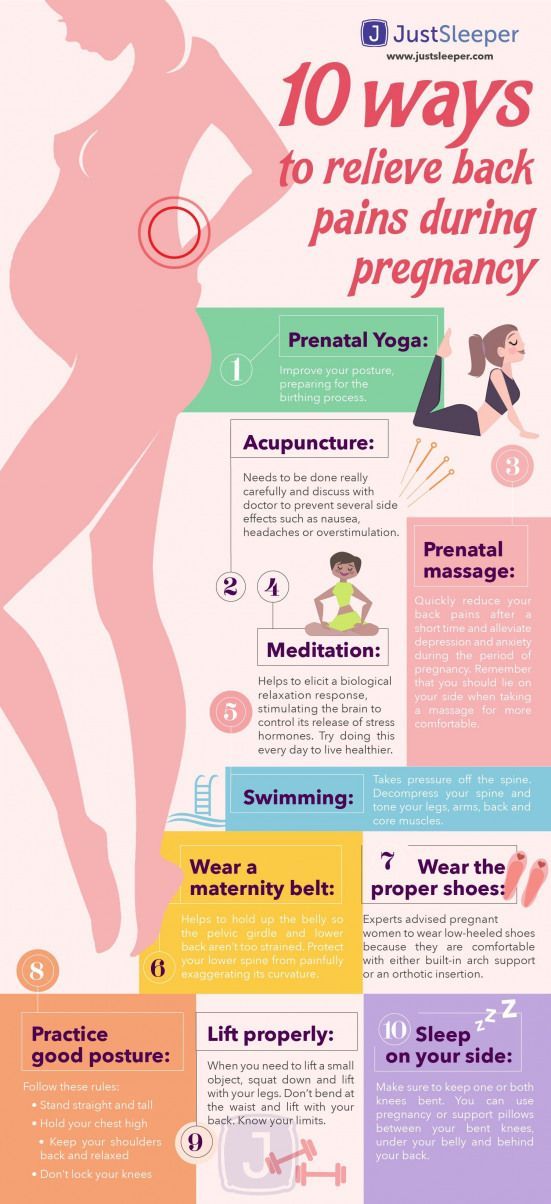 " In Russia, they decided not to handcuff women and children
" In Russia, they decided not to handcuff women and children
The Ministry of Internal Affairs of the Russian Federation banned the handcuffing of women, children and defendants in economic cases
The State Duma banned foreigners from using the services of surrogate mothers in Russia
Volodin said that this would protect children from being sold for organs
The creators of the series "Zema" Anton Karpushkin and Semyon Molokanov - about KVN, the approval of colleagues and ambition
The creators of the series "Zema" Karpushkin and Molokanov spoke about the future of the project 14:05
The Walking Dead has ended. Here are 7 more cool zombie series for fans of the genre
The best zombie series in the style of The Walking Dead
"Daddy's girls" are back.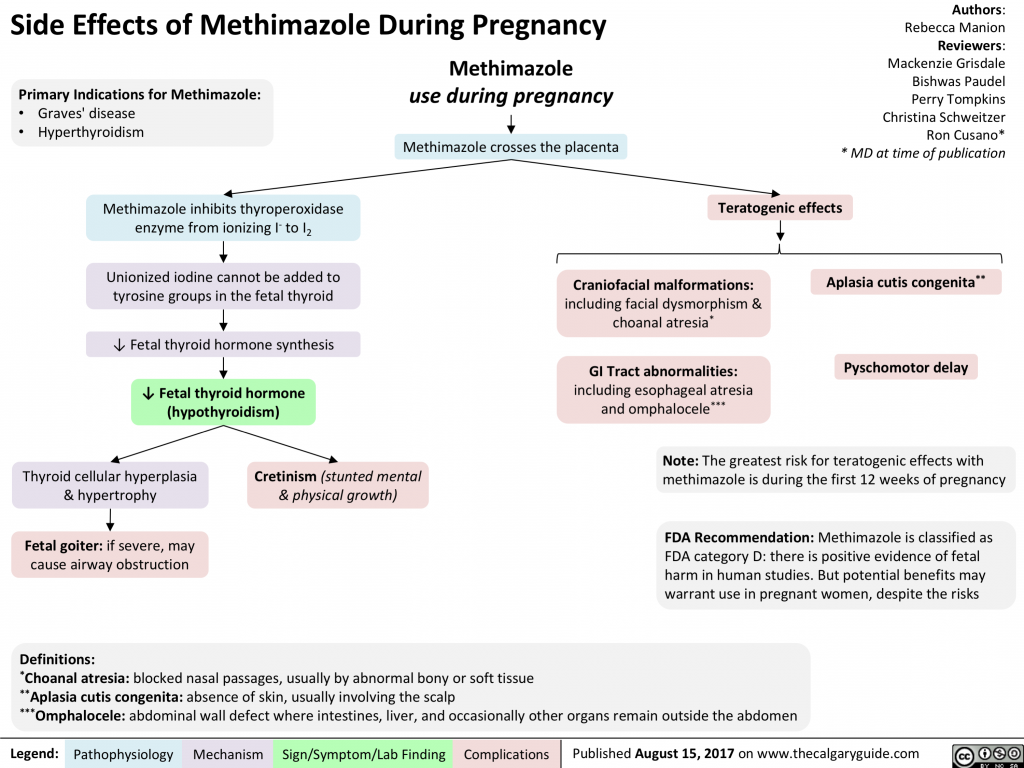 What the Stars of
What the Stars of
"Hungarians create problems wherever they can." Budapest blocks new sanctions against Russia
FT: Hungary opposed a new package of EU sanctions against Russia
The State Duma proposed life imprisonment for saboteurs and their accomplices0003
"This is not some kind of union." How Western sanctions prevent Uzbekistan from getting gas from Russia
Uzbekistan refused to enter into a "tripartite gas alliance" with Russia and Kazakhstan
"Propaganda provocation". The Ministry of Health denied the UN data on HIV in Russia
The Ministry of Health considered the inclusion of Russia in the top five countries in terms of the spread of HIV a "provocation"
Zelensky believes that the conflict in Ukraine will end next year
Putin previously said that the special operation is a “long process”
"There's only one woman I love, the rest I just want": top divorces of 2022
Six famous couples who divorced this year
Marina Yardaeva
Only assets give "passive income"
About the eternal thirst for a miracle and happiness for free
Yuri Muradyan
“I will do it today”
How not to put off important things until later
Andrey Kolesnikov
Legend without number
About the 100th anniversary of Vsevolod Bobrov
Alexey Potapov
Small print at the bottom of the contract
About how to properly insure life
George Bovt
Near zero
About the situation when the boss is the best doctor
-->
See also
Error found?
Close
Thank you for your message, we will fix it soon.
Continue reading
Oxygen treatment for pregnant women and patients preparing for pregnancy
The birth of a full-fledged healthy child is the main desire of future parents.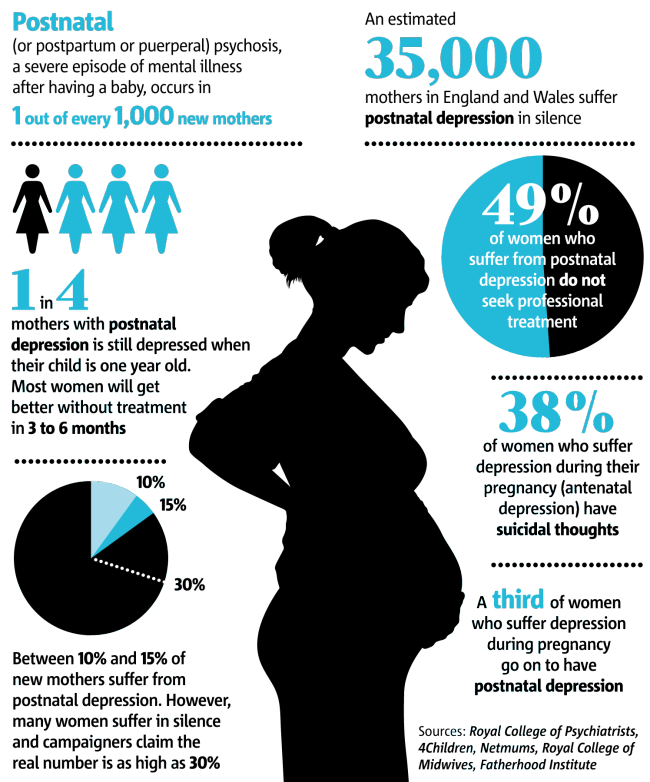 However, in the conditions of urban life there are various threats to carrying a healthy pregnancy. Poor ecology, most often not quite a healthy diet, late age of parents with already concomitant chronic diseases. As a result, most mothers experience one or another pathology of pregnancy, including: a decrease in maternal immunity, fetal hypoxia, the threat of miscarriage, intrauterine growth retardation, preeclampsia, premature birth, low birth weight of the child. The HBO method is perfect for rehabilitation after a missed pregnancy in the early stages. The most difficult group of patients are pregnant women with chronic diseases not related to women's health, such as diabetes.
However, in the conditions of urban life there are various threats to carrying a healthy pregnancy. Poor ecology, most often not quite a healthy diet, late age of parents with already concomitant chronic diseases. As a result, most mothers experience one or another pathology of pregnancy, including: a decrease in maternal immunity, fetal hypoxia, the threat of miscarriage, intrauterine growth retardation, preeclampsia, premature birth, low birth weight of the child. The HBO method is perfect for rehabilitation after a missed pregnancy in the early stages. The most difficult group of patients are pregnant women with chronic diseases not related to women's health, such as diabetes.
In these cases, in addition to drug treatment, treatment with oxygen under increased pressure in a pressure chamber (hyperbaric oxygenation method) is highly indicated. As a result of treatment, the oxygen starvation of all tissues and organs is reduced or completely disappears, their active healing and restoration takes place.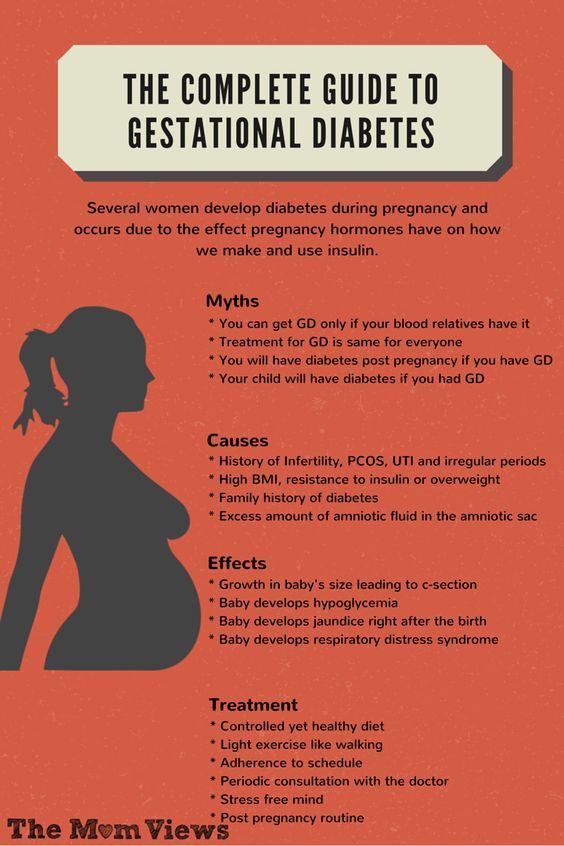
How is the procedure carried out and how comfortable is it? The treatment process takes place in a comfortable environment, completely painless and does not cause any inconvenience to the patient. A woman in cotton clothes is placed in a chamber where oxygen is supplied under a certain pressure. Pressure is calculated individually, based on the pathology, age and individual characteristics.
During the build-up of pressure, as well as when it decreases, a slight stuffing in the ears is possible. The duration of the procedure is about an hour and most often patients sleep sweetly.
Specially conducted medical studies have shown that HBOT treatment improves the condition of the fetus during intrauterine hypoxia and low birth weight, normalizes uteroplacental blood flow, improves the condition of the placenta in the early stages of placental insufficiency, corrects the level of hormones responsible for the normal course of pregnancy, improves the condition pregnant women with late gestosis, anemia, the number of complications during childbirth from the mother and fetus decreases.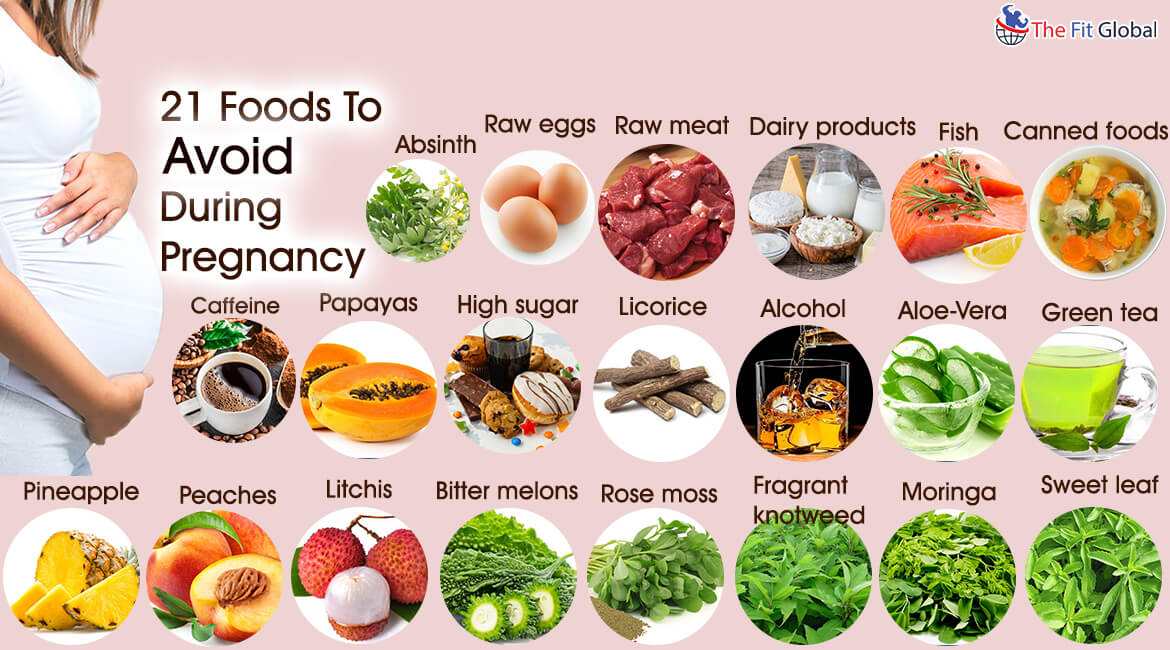 In addition, after the course of treatment, the general condition improved: shortness of breath and swelling disappeared, sleep improved, blood counts returned to normal. An increase in the size of the fetus by an average of 2-3 gestational weeks was noted. HBO reduces the number of perinatal complications, preterm birth and perinatal morbidity. Babies born to mothers treated with HBO had better health and fewer "problems" with neurology.
In addition, after the course of treatment, the general condition improved: shortness of breath and swelling disappeared, sleep improved, blood counts returned to normal. An increase in the size of the fetus by an average of 2-3 gestational weeks was noted. HBO reduces the number of perinatal complications, preterm birth and perinatal morbidity. Babies born to mothers treated with HBO had better health and fewer "problems" with neurology.
The HBO method perfectly stabilizes the condition of pregnant women diagnosed with diabetes mellitus. It is known that diabetes mellitus has an extremely adverse effect on the course of pregnancy, the developing fetus and the newborn. Pregnancy, in turn, aggravates the disease and causes its progression. In diabetes, intrauterine fetal death, premature termination of pregnancy and severe toxicosis often occur. Studies have shown that after 5-6 sessions in the pressure chamber, positive dynamics are visible, the level of hyperglycemia stabilizes, blood counts normalize, and microcirculation improves.
